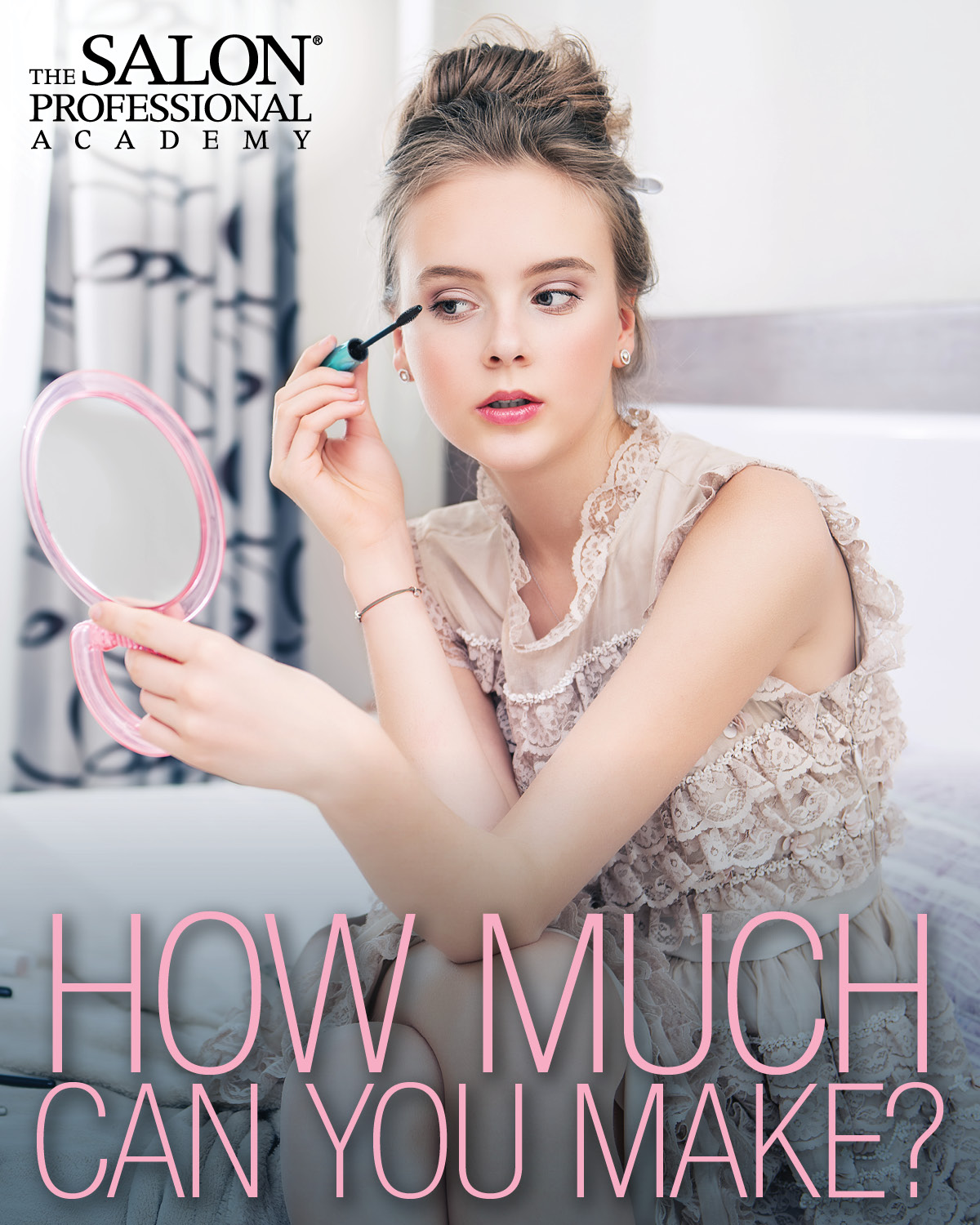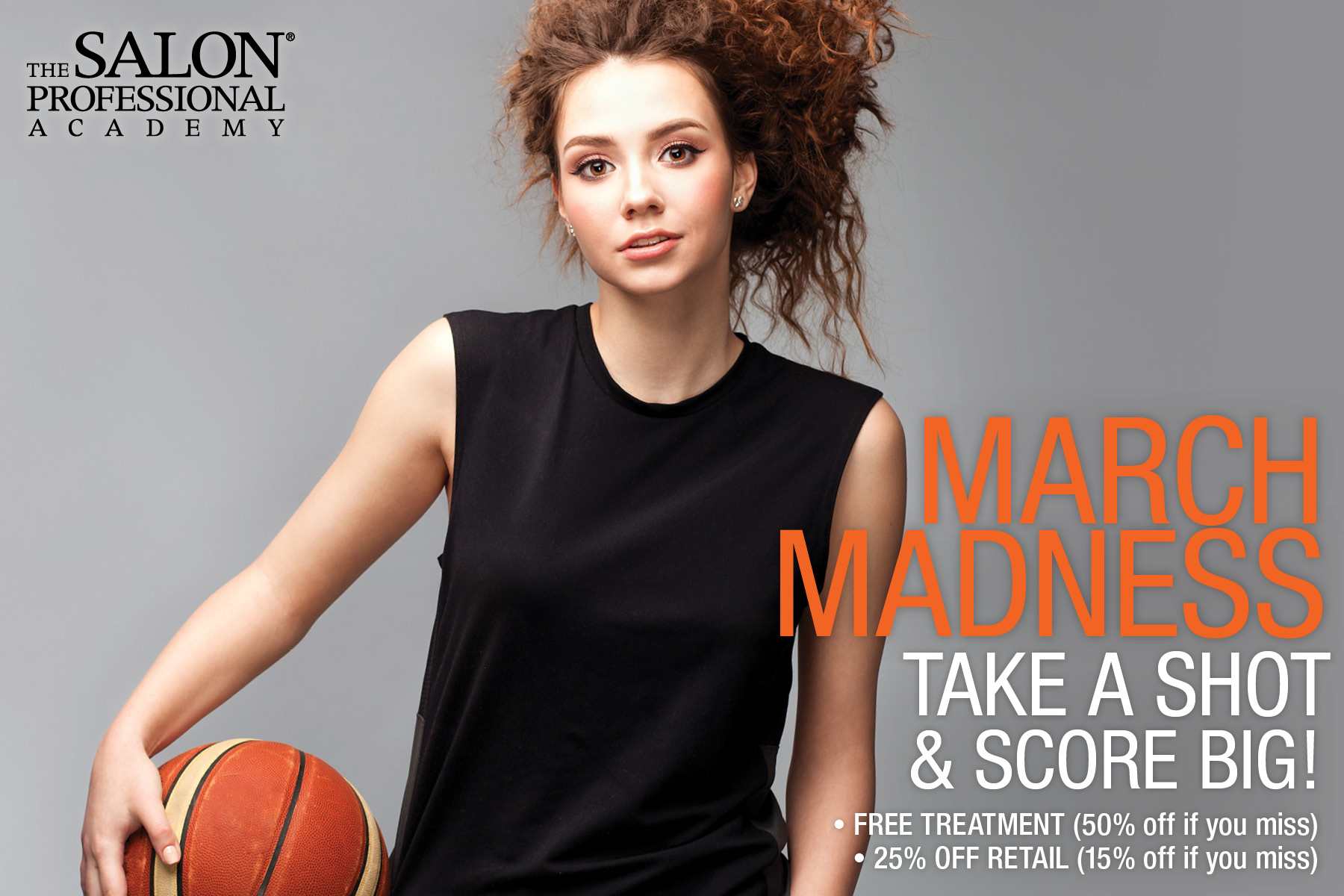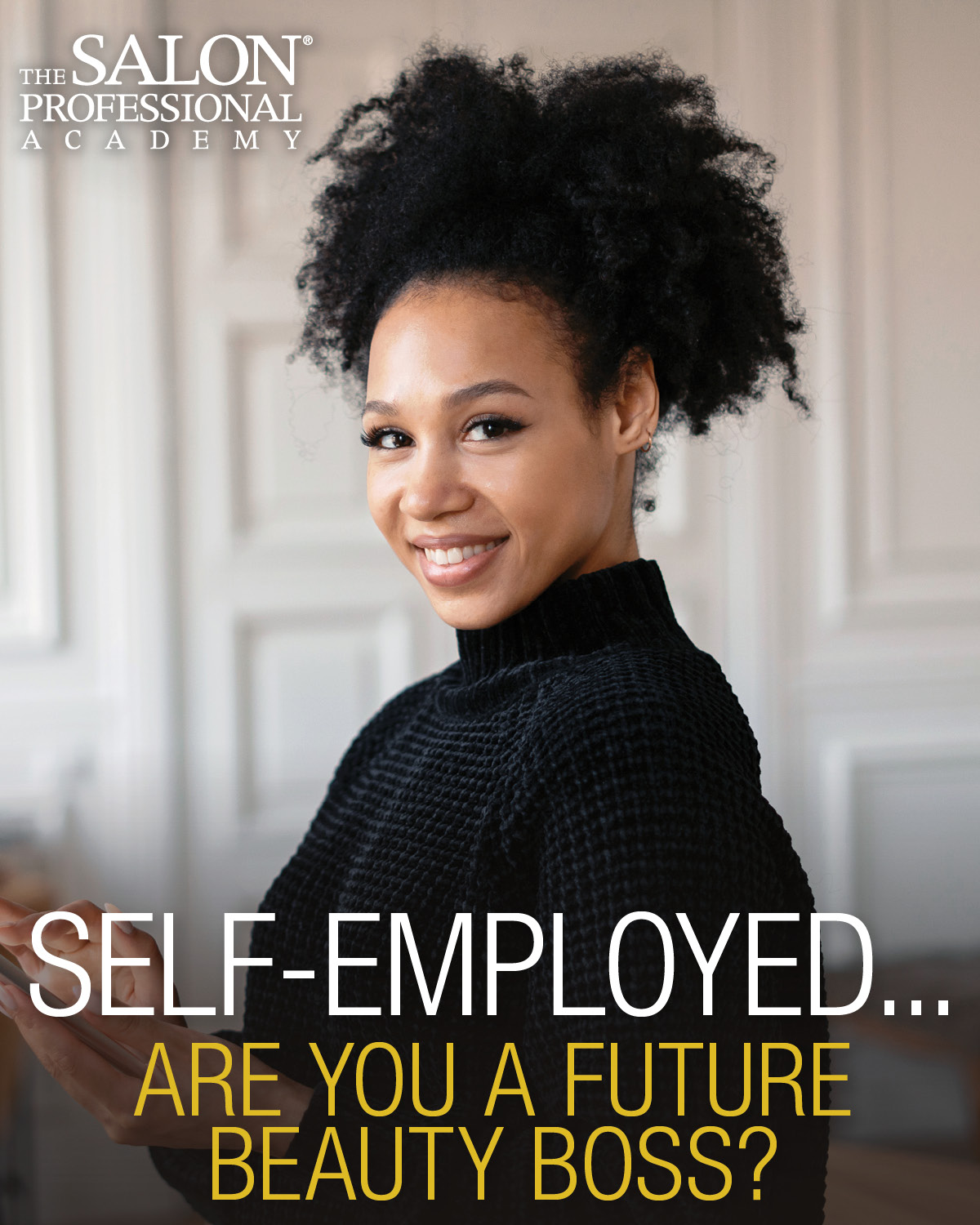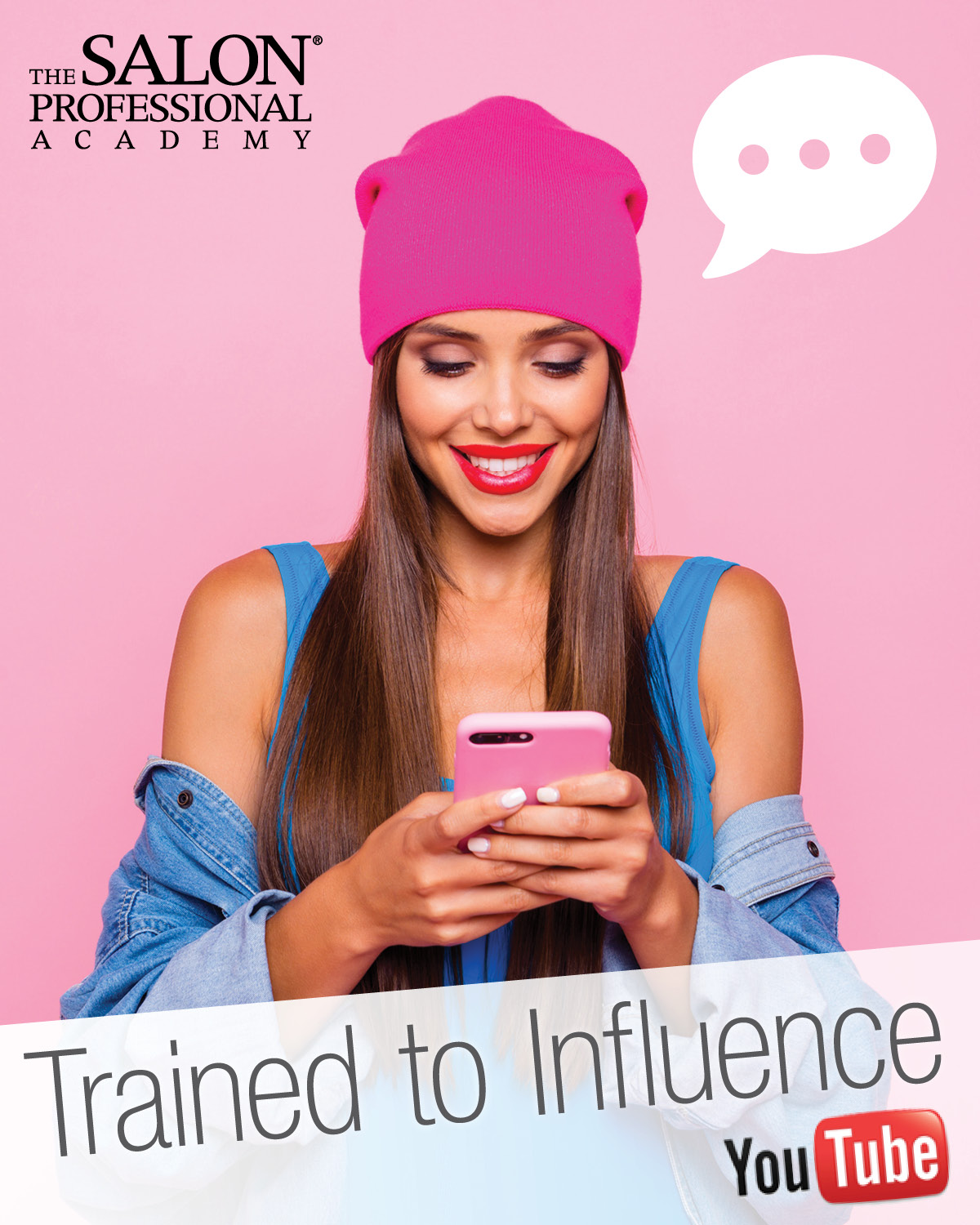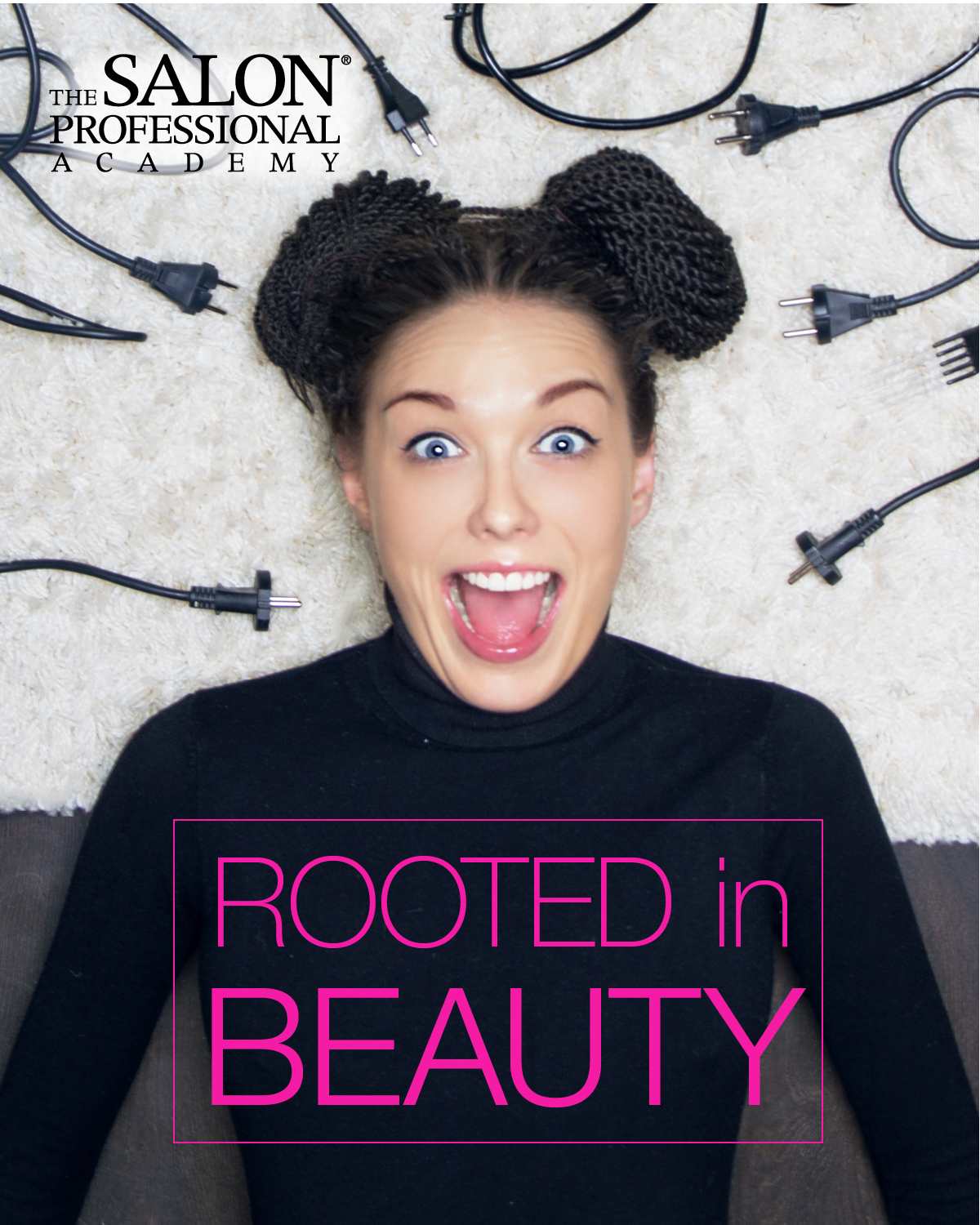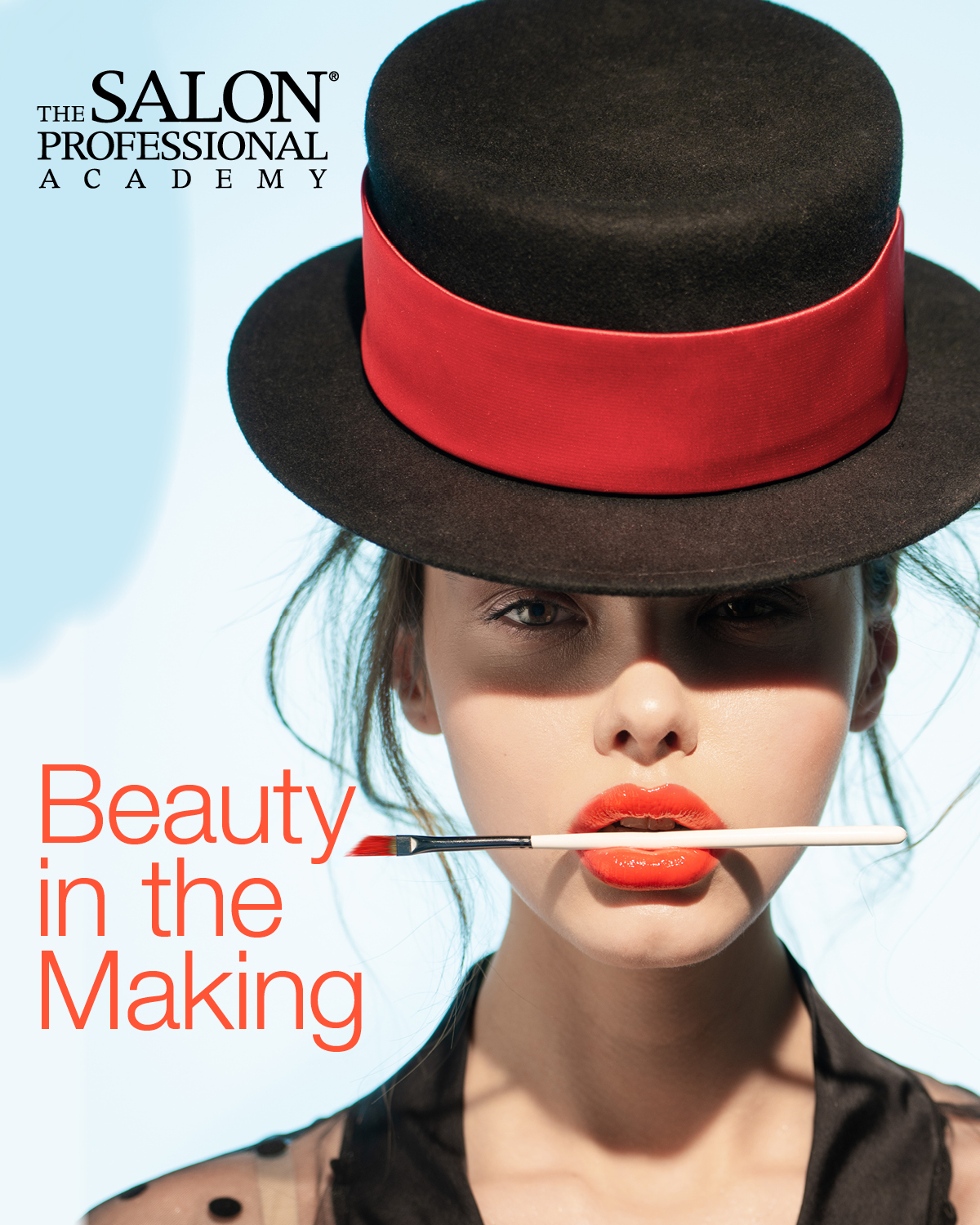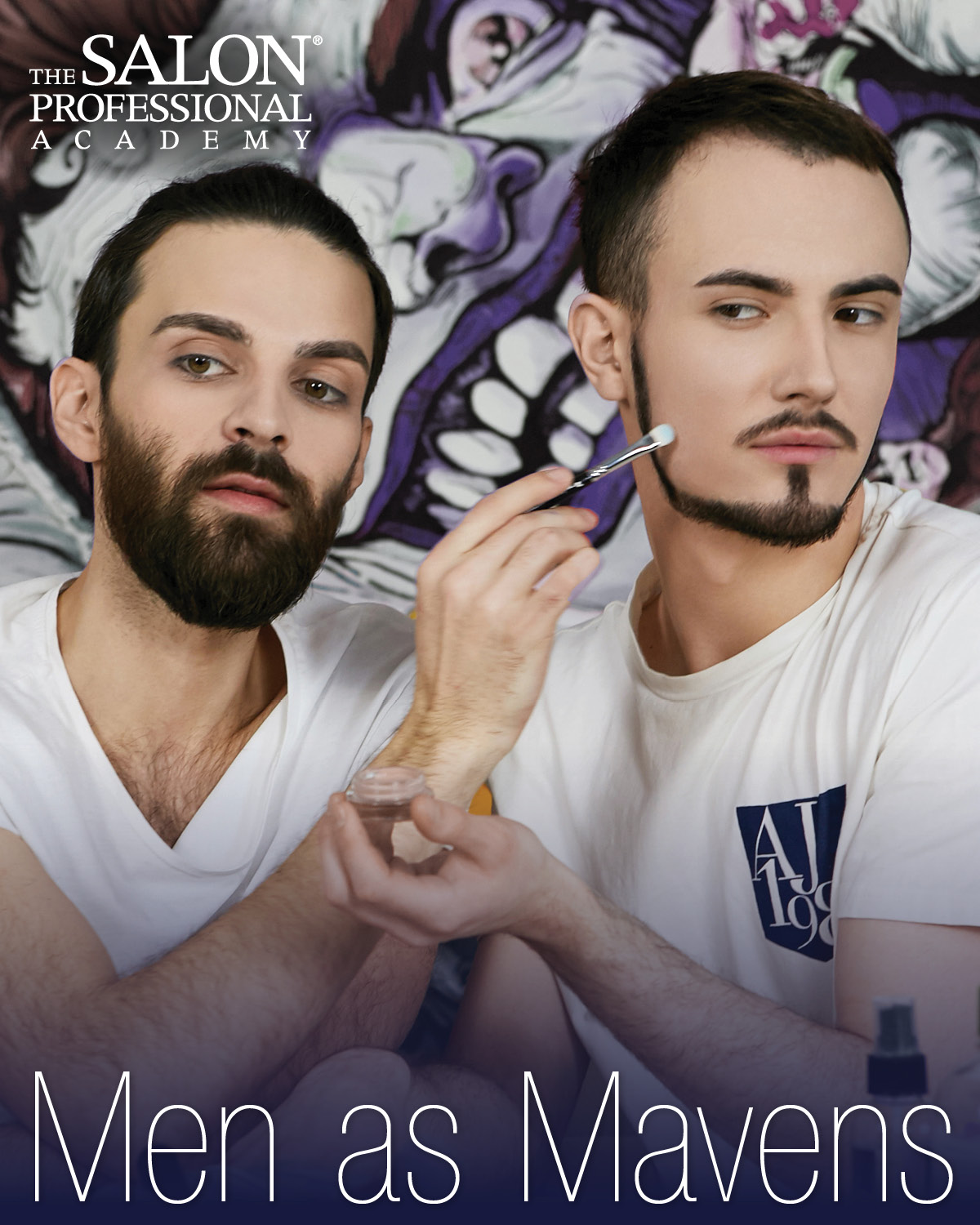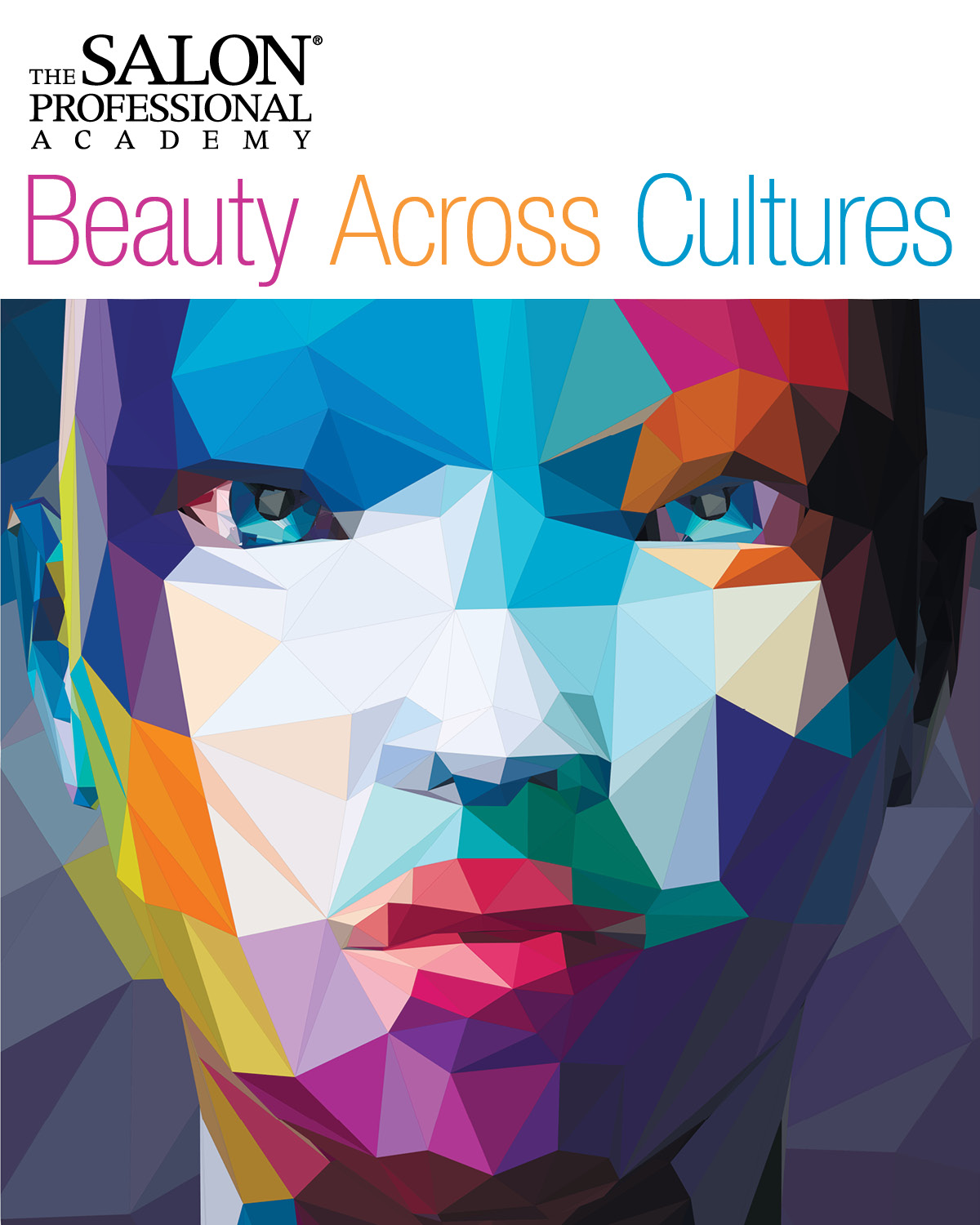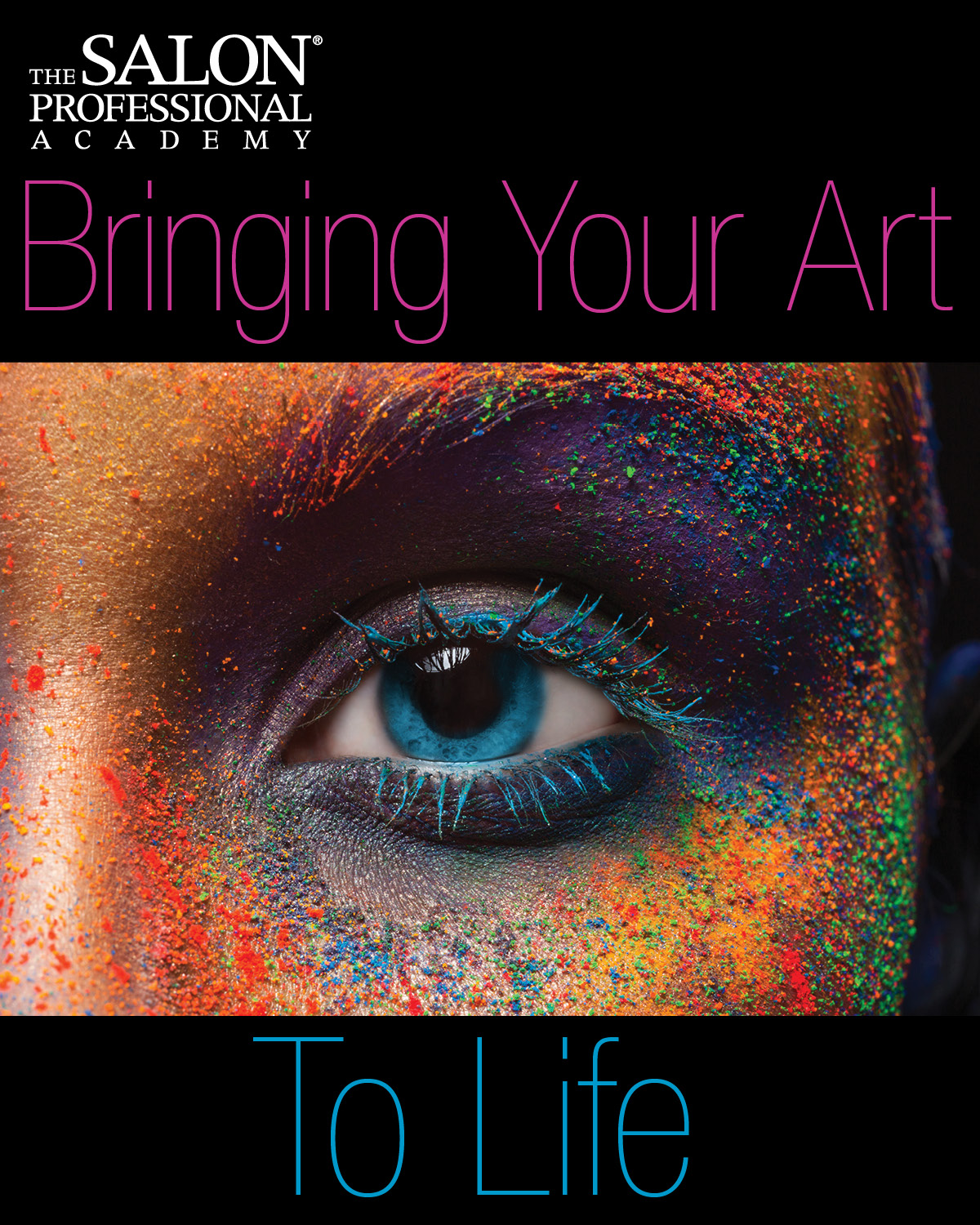How much can you make in the beauty industry? That’s a great question. And, it’s one that a lot of friends and loved ones ask our students as they pursue beauty industry careers.
While we’d like to say your salary will match your work ethic, the truth is certain jobs within the beauty industry are considered high-paid positions.
Keep reading and find out which beauty jobs will help you to make the most money possible once you graduate from beauty school.
Makeup Artists
One of the lucrative career opportunities for beauty students is becoming a makeup artist. Makeup artists can fill a variety of roles. You can choose to be a makeup artist for film, TV, or special events.
Weddings are one of the biggest markets for makeup artists. Brides deserve to look breathtaking on their special day. Beauty school graduates can make that happen once they hone their skills when it comes to makeup artistry.
As of this writing, the average salary for a makeup artist is $75,730 a year*. Now, we know different areas of the country have different cost of living requirements. But, regardless of where you call “home”, $75,000 a year is nothing to sneeze at!
Nail Artist
When students ask “how much can you make in the beauty industry”, they rarely think of doing nails. It may shock you but becoming a nail artist is another well paying path you can take upon graduating beauty school. The demand for people getting their nails done is growing by the day.
Notice we said people. Students in this industry regularly find themselves serving both women and men. Men who travel from meeting to meeting in business boardrooms want to make sure their hands are well-manicured. Many of them believe the hands say a lot about the person they’re about to do business with.
Of course, there is still a large market of ladies who continue to get their nails done. These customers will be coming back routinely to get their nails done over and over. They’ll also be returning customers for maintenance and fill-ins and any special occasion.
Have you ever had a nail crack shortly after getting them done? What do you do? You make an emergency appointment to go back in and get your nail fixed.
Talk about job security! This demand for talented nail artists, and the flexibility of the hours, means there’s virtually no limit to the income you can make in this field.
Fashion Stylists
Do you have an eye for the latest trends in hair fashion, styles and outfits? If that sounds at all like you, then this might be your thing.
Fashion stylists take the latest outfits and make them look better. These are the people who take fashion models and make them absolutely stunning as they take to the runway.
This role can come with some pressure, however, because fashion stylists are responsible for a person’s complete look. They need to integrate everything from outfit to makeup, to hair and all the way down to accessories.
Taking on the responsibility of a model’s entire look for the runway can pay well. Currently, the average salary for a Fashion Stylist is $62,500* per year.
Not bad for getting to play “dress up” with beautiful people and beautiful outfits all day!
How Much Can You Make in the Beauty Industry?
We hope we’ve answered the question “how much can you make in the beauty industry”. Most people are quick to overlook the beauty industry as a career path because they don’t think there’s any money in it. Well, our readers know better now.
There’s plenty of opportunity for everyone in this industry. Are you ready to grab yours? Contact TSPA Evansville today for more information.
*Source: Bureau of Labor Statistics
